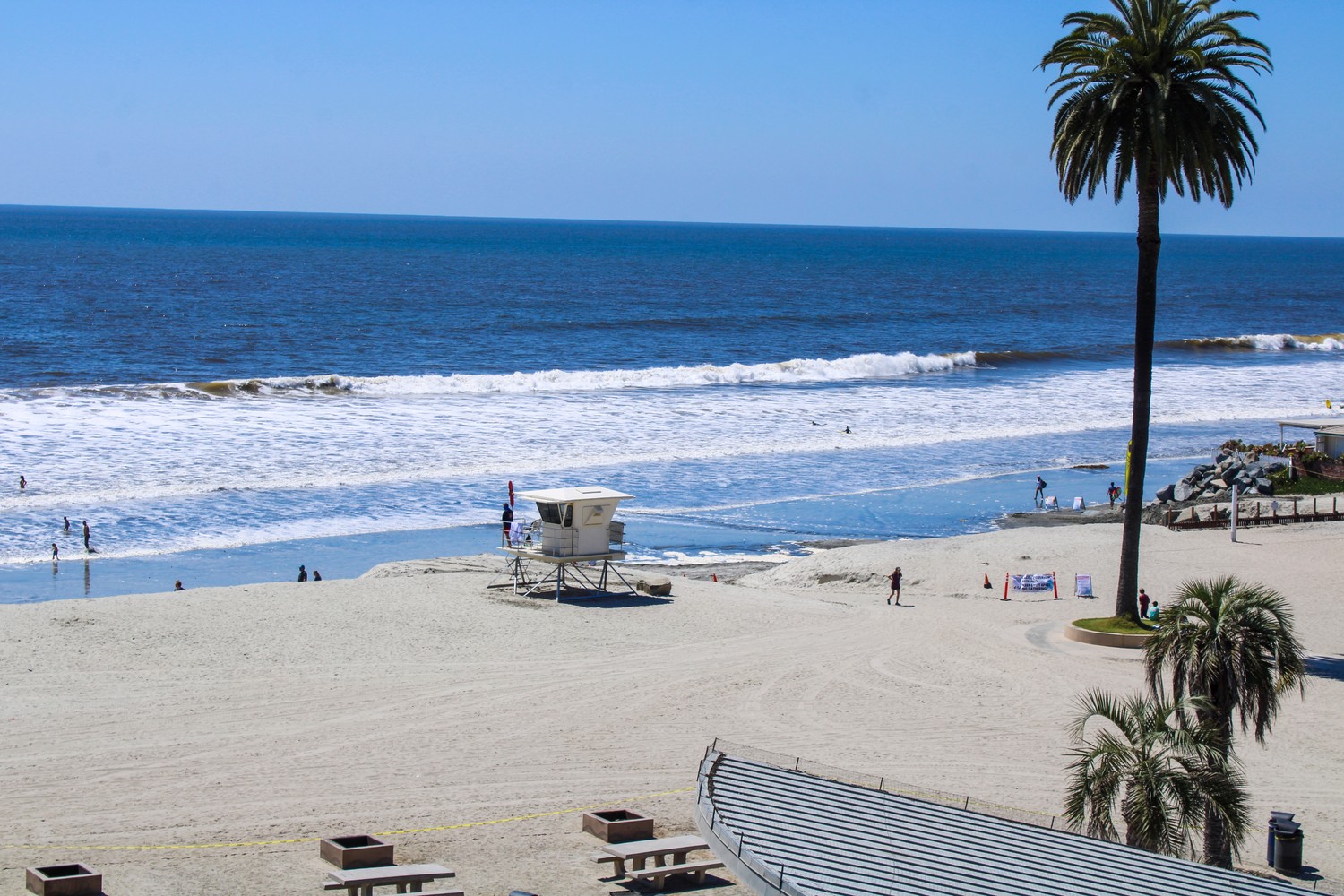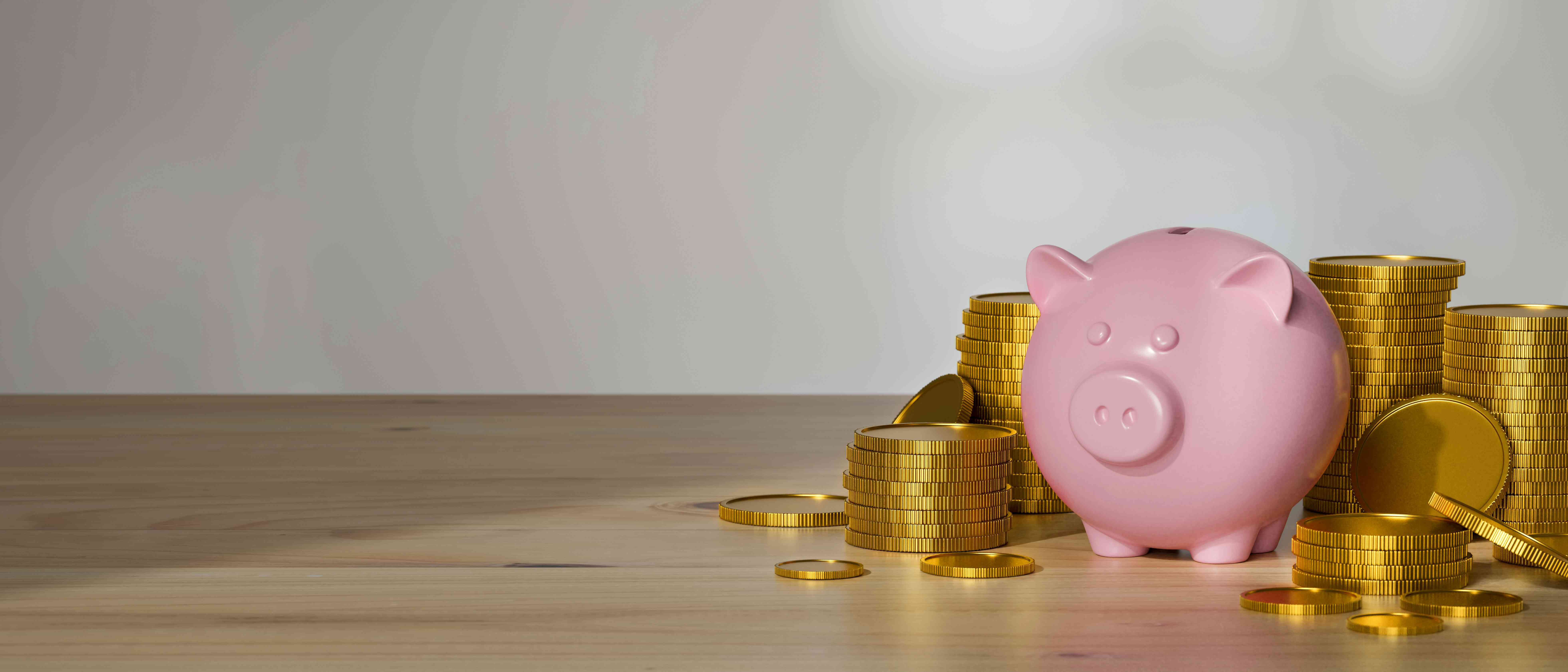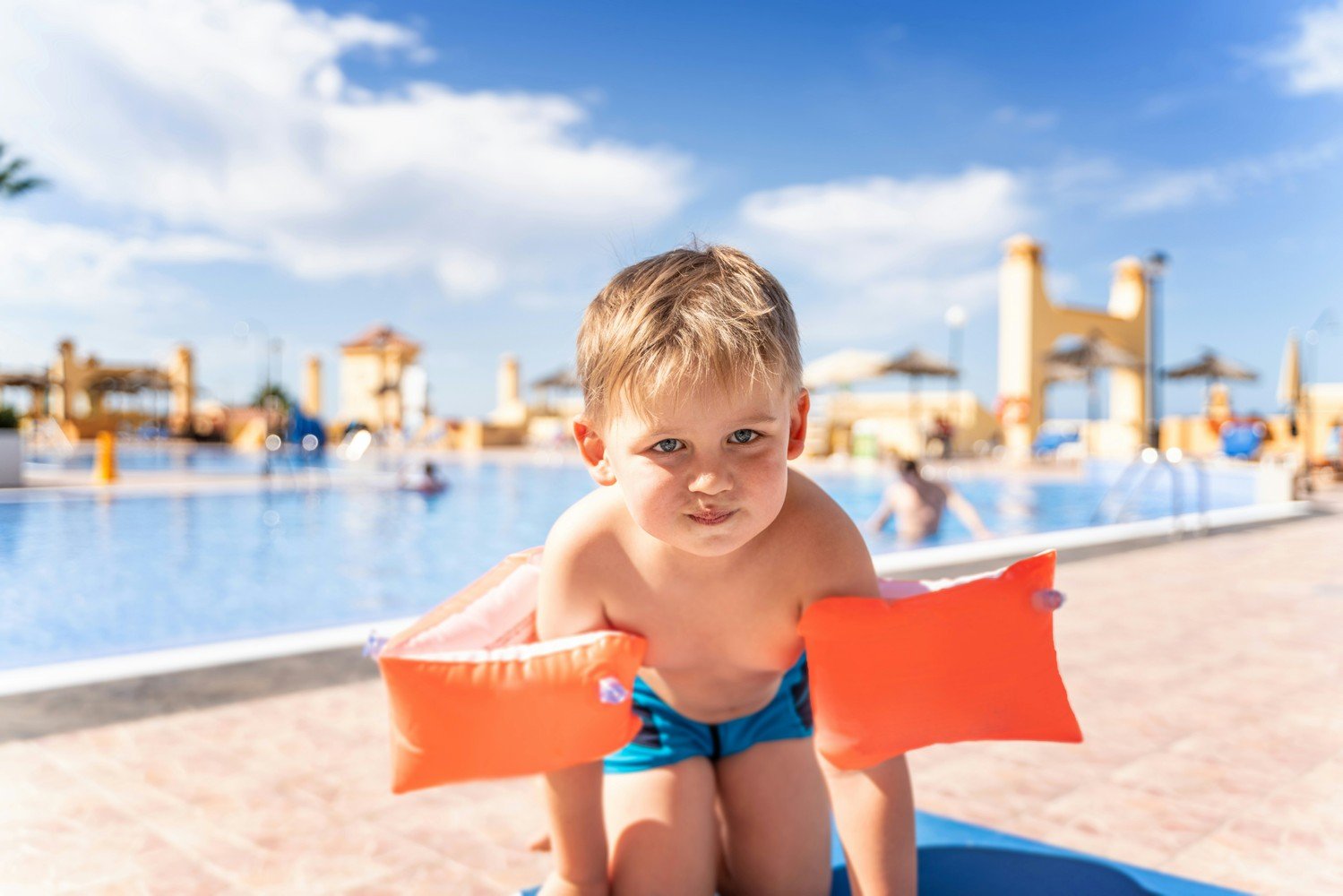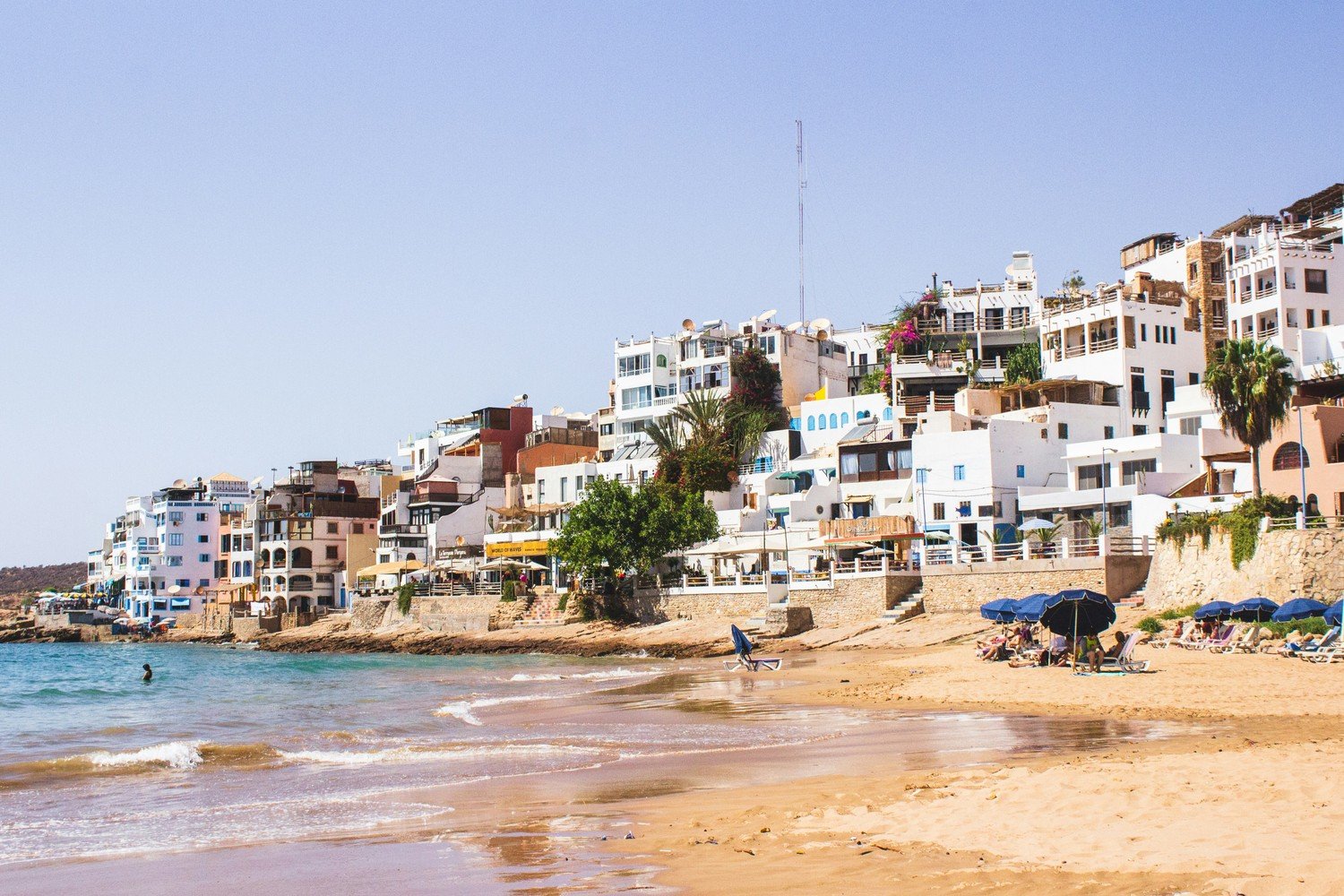
Destination or Hotel
Departure Airports
Travel Dates
Nights
Guests
Price Match Promise
Price Match Promise

Plastic Pollution Facts for Kids
By
Ricky Durrance
29 Feb 2020
If you’re planning to hit the beach in destinations like Fuerteventura or Portugal during your next family holiday, it’s likely that you’re going to run into plastic pollution.
Although seeing beaches littered with plastic is an increasingly unsettling problem, it’s good to show your children how to respect the planet while they travel. After all, teaching the younger generation good habits will last them a lifetime and positively affect their actions in the future!
PLASTIC POLLUTION FACTS FOR KIDS
Washed up plastic is more than just an occasional eyesore - it can now be found on every beach and in the ocean’s deepest trenches, and it points to the state of the planet’s overall health. Teaching your kids the facts about plastic pollution is one of the first steps to changing that for the better.
Marine plastic pollution
Next time you’re having a family beach day, ask your kids to imagine all the fish swimming around under the water. What do they eat? Seaweed? Smaller fish? Their answers probably don’t include bottle caps or bits of rubbish, and they probably aren’t imagining sea turtles trying to swim through a forest of forgotten plastic.
Marine life, including sea birds, sea turtles, whales and dolphins, have been documented consuming plastic. It has even been found inside crustaceans that live in the deepest parts of the ocean. In fact, one in three sea turtles and more than half of the dolphin and whale population have ingested plastic. Their digestive systems aren’t meant to break down the synthetic scraps that build up in their bodies, and this can cause premature death.
To explain this to your children, have them recall the last time they had a tummy ache. It was rather uncomfortable, right? Well, when animals eat plastic, they feel that way too. We want marine life to feel the best that they can so that they continue to keep the ocean balanced. When fish and marine life are healthy, the ocean is healthy, too.
Single-use plastic
Whether we’re travelling or not, we as a society are using more convenience items such as plastic cups, straws and bags than ever. We often see this as the unnecessary wrapping of fruits and vegetables, which are then carried out of the shop in plastic grocery bags. We may even be tempted to buy an entire case of water in plastic bottles if the price is right, contributing to the one million plastic bottles that are bought throughout the world each minute.
Once we’re finished with these products, we can just send them to get recycled, right? Not quite. In reality, it’s likely that they’ll end up entering the oceans, as over 12 million tons of plastic infiltrates these waters annually and not all single-use plastic is recyclable.
Teaching your children about single-use plastic actually presents a good opportunity for them to learn about responsibility. Instead of using plastic straws on your next holiday, try one of these fantastic metal straws. Designate one to each of your children, and let them know that they are responsible for keeping track of their straw when they are using it - you don’t want any forgotten straws left behind after breakfast. This way, your family can still enjoy the convenience of drinking from straws without contributing to plastic pollution.
While you’re making an order for metal straws, you might want to choose a few reusable water bottles to further cut down on single-use plastic. Again, by giving one to each child and making them their canteen’s keeper, they’ll feel a sense of agency for their reusable items, and become superheroes to the planet in the process!
Plastics in the ocean
When your kids hear the words ‘trash island’ their minds may drift to a solid and smelly piece of land floating in the sea. Trash islands are becoming a lot more common in our oceans, and are actually made of swirling bits of plastic debris that converge in currents, rather than wonky water bottles and bobbing bags.
The minuscule bits of plastic that converge in the ocean’s currents may have come from larger pieces such as bottle caps, fibres from a pair of nylon leggings or the microbeads in your teenager’s face wash. It’s not expected for these trash islands to be broken down for another 500 to 1,000 years. Scientists predict that, in only 30 years, the amount of plastic in the ocean will outweigh the amount of fish.
Your children are the ones that will inherit the Earth. The health of the planet is essential for the health of your family. If we continue to contribute to plastic pollution around the globe, then we won’t have beautiful destinations such as the Caribbean or Vietnam to enjoy with our loved ones. In an effort to relieve beaches and oceans of plastic pollution, you and your family only need to consider making a few adjustments.
Sustainable solutions
Now that you’ve got reusable water bottles and metal straws on the way, you’re taking an important first step in the transition to living a more sustainable lifestyle - one your children are sure to appreciate - that will have a positive impact on the future of our oceans. And there are plenty of ways to make it fun! Have some stickers handy and encourage your child to decorate their reusable canteen, making it one of a kind.
Reusable straws can come in all sorts of exciting colors and have become a staple in many households. You can bring them wherever you go, and use them in place of plastic straws when you’re out to eat. You can also try to remember to bring reusable bags when you go shopping. Shops usually offer their own variety of reusable bags, and although they are typically more sturdy and will last longer than single-use shopping bags, they are still made from plastic. Go for one made from natural materials such as cotton, canvas or jute.
Now your children know that happy fish live in healthy oceans and that sea turtles, dolphins and whales glide more freely when not bombarded with plastic where they swim. By making the minor shift from single-use plastic products to reusable ones, you’re setting a positive example for a brighter, plastic-free future. Reserve your spot on the beach with us and relax, knowing that you’re doing what you can to reduce plastics in the ocean.
40,000+ verified
customer reviews
We want all our customers to stay safe when abroad. For the latest travel advice from the Foreign, Commonwealth & Development Office click here. Further advice can be found on the Travel Aware page here. Please note the advice can change so check regularly for updates and before you travel.
teletextholidays.co.uk acts as an agent in respect of all bookings made by telephone. For all bookings, your contract will be with the applicable Service Provider of your chosen Travel Service (who may be the principal or the agent of the principal) and Teletext acts only as an agent on their behalf. Your holiday will be financially protected by the ATOL scheme and you will receive an ATOL certificate once your booking has been confirmed. Please see our booking conditions for information, or for more information about financial protection and the ATOL Certificate go to:www.caa.co.uk/atol-protection
*We are able to offer a price match if suppliers are the same.
*Limited Availability: Prices are updated regularly, call us for the latest live price.
Teletext Travel Ltd, company number 14855829. Address: 71-75 Shelton Street, Covent Garden, London, United Kingdom, WC2H 9JQ.
Copyright 2025 teletextholidays.co.uk | All rights reserved.



